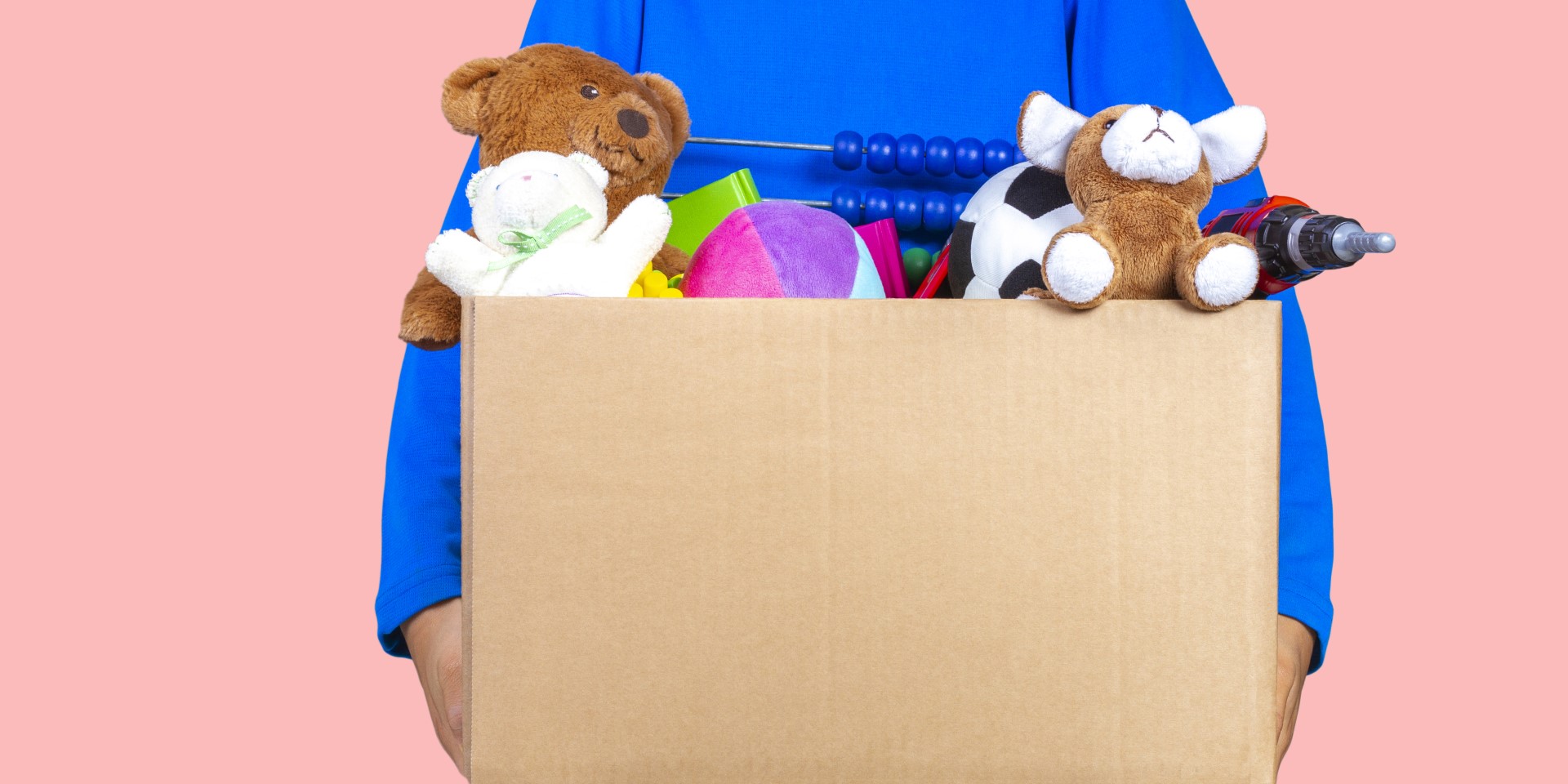The impulse to help is a hallmark of humanity—both evolutionists and creationists agree that a selfless act is something that makes us uniquely human. Even more so, as a community of faith, it’s exciting to realise that within every compassionate action exists an insight into the loving character of our Creator God.
A young child sharing their toy; a teenager helping the elderly cross the road; a mother opening her purse to support charity; or shipping goods from our homes to those in need following a disaster. We should encourage, celebrate and support these kinds of altruistic activities, shouldn’t we? At the risk of sounding contrary, I’m going to suggest the answer is, “Not always.”
To explain, let me focus on the voluminous unsolicited goods that are often sent to communities following a natural disaster. It may be in our “backyard”—a nearby country, a different state—or some far flung corner of the globe, but wherever disaster strikes, most will feel the need to respond.
We look around our homes, look to our business contacts and talk about it with our friends, concluding with, “We have so much and they have so little. Maybe we could pack a container and send it over.”
A container is then filled with good quality used goods and even new items we’ve bought to help those in need. However, having worked at the recipients’ end, I’ve learned that sending unsolicited goods may not be so wise. To be clear, we are not talking about goods that were asked for or sent as part of a strategic plan, but rather, ad-hoc containers of goods sent following natural disasters.
Indeed, the beds, hospital equipment and other supplies strategically sent to countries that need them have changed and saved countless lives. However, the arrival of containers hastily packed with inappropriate items in response to devastation caused by a cyclone, tsunami or earthquake is quite different.
Here are a few lessons I’ve learned from years of experience on the ground and in administration:
The cost associated with sending and receiving “unsolicited goods” often outweighs their value.
- The cost of a container and logistics of getting it to the shipping yard, before we include the actual shipping charge;
- The labour involved in packing and unpacking the goods at each port;
- The hours to compile shipping lists and other required documents;
- Wharfage and handling costs, and tax or import duties;
- Insurance.
Building, not decimating, the local economy is crucial to restoring livelihoods after a disaster.
Shipping free goods can force down the price of locally produced items and compete with local retailers, which means less income for families at a time when they need more. On the other hand, cash donations can be used to support the local economy by allowing items to be bought locally.
Unsolicited goods are often not appropriate.
Cultural considerations need to be taken into account to ensure that the needs of those affected are appropriately met. Non-life-saving items can clog up docks and airports, preventing lifesaving supplies from reaching disaster-affected areas. Our desire to help may prevent more urgent help from arriving. Good intentions need good management.
Sending things overseas after a disaster can often be counterproductive. While the impulse to give is praiseworthy and to be encouraged, the neglectful approach to doing this wisely is not. It’s the reason aid organisations ask for financial support—and not donations of material goods—during times of disaster. A cash donation helps aid agencies buy what is needed to quickly meet the changing and complex demands of affected communities.
If you have unused items around the house, try selling them to raise money to give to a registered charity which has launched an appeal and which provides the transparency needed to ensure the donations reach those who need them most.
Don’t get me wrong. Please don’t stop helping. Not sending goods overseas doesn’t mean you can’t help or that your help isn’t wanted. Instead, we can work together with aid agencies to do good, better.
Braden Blyde is a freelance writer based in Adelaide, South Australia. When not writing, Braden can be found riding bikes or getting outdoors with his family. A version of this article first appeared on the Signs of the Times Australia website and is republished with permission.




















